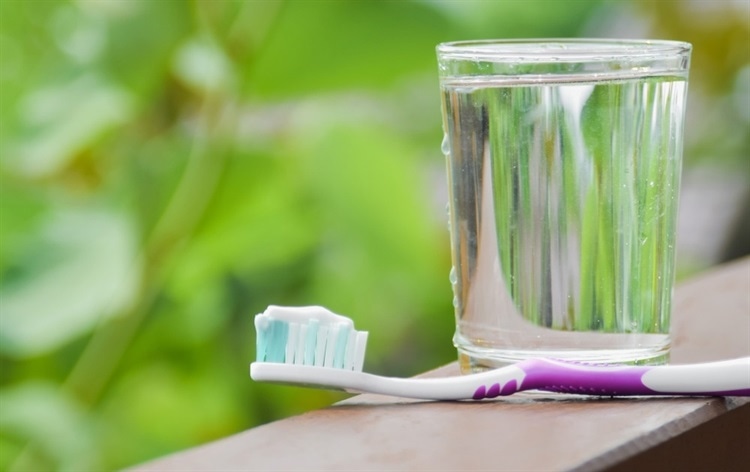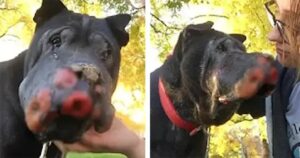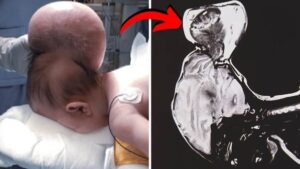Community water fluoridation (CWF) reduces caries prevalence, which greatly enhances oral health. For excellent dental health, the World Health Organization (WHO) advises adding 1 mg/L of sodium fluoride to water.
Dental fluorosis, however, can be brought on by prolonged exposure to high amounts. Areas with high groundwater fluoride levels have recorded cases of skeletal fluorosis, which can harm bones and joints. When fluoride concentrations are really high, it can also harm tissue and have hazardous effects.
The effects of CWF on health are now being researched due to concerns about its toxicity. Systematic reviews have not discovered any solid proof of fluoridation’s long-term effects in humans at the WHO-recommended dosages.In the present study, researchers review prior papers to evaluate how fluoride exposure impacts the human microbiome.
To avoid dental caries and periodontal disease, the oral microbiota must be healthy. Fluoride may interfere with the microbiome’s and humans’ normal equilibrium, according to certain theories.
After consuming fluoridated water, the gastrointestinal (GI) tract’s microbiome is still exposed to fluoride. Since it is the primary exposure point, the mouth cavity is probably the area that is exposed to fluoride the most.
While utilizing fluoride dentifrices, fluoride accumulation in dental plaque is widely documented; however, information on fluoride levels in the mid- and lower GI tract is scant.Fluoride absorption into tissues increases down the GI tract, with 40% absorbed in the stomach and the remaining in the small intestine. Nearly 10% of fluoride is excreted in feces, thus suggesting all GI tract regions are exposed to fluoride.
Fluoride exhibits antifungal and antibacterial activity and has been shown in vitro to inhibit bacterial growth that may result from enzyme inhibition or acidification of the cytoplasm. Much research has been centered around the effects of fluoride on Streptococcus mutans, a species involved in caries development, with several reports suggesting that acid tolerance is pivotal for its survival in acidic caries.





